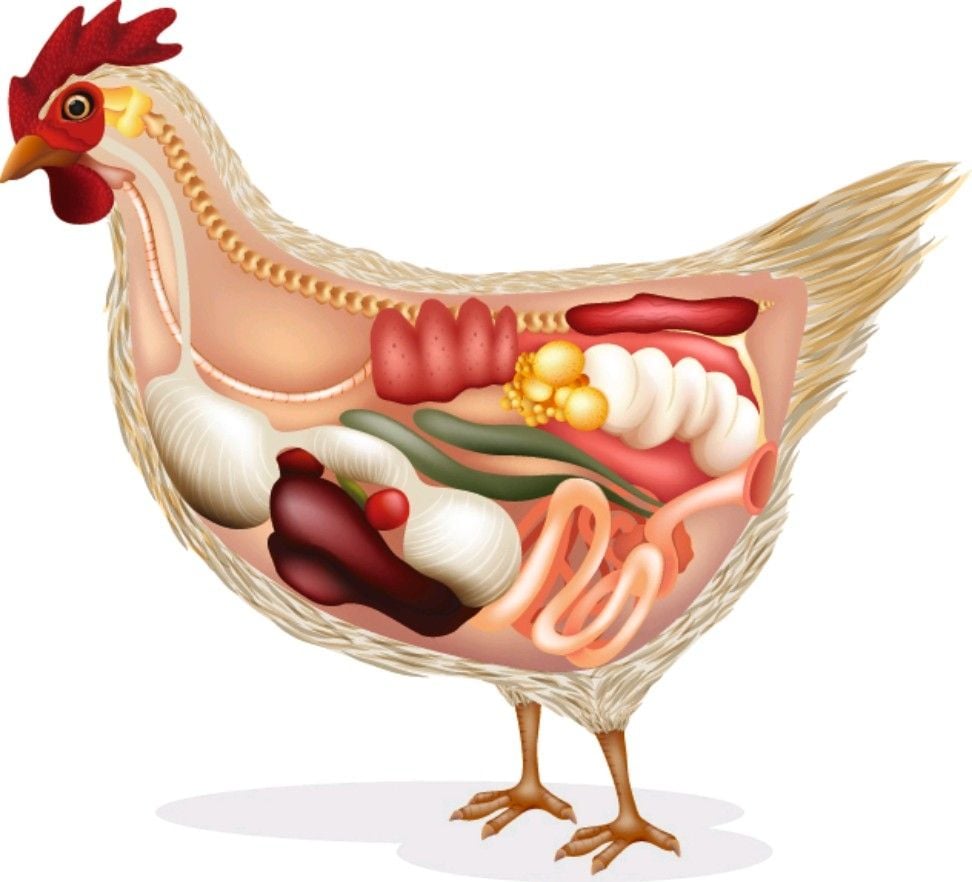The Effect of Intestinal Safety on Poultry Performance:
The health of the intestinal system of birds is essential to maintaining the health and safety of birds as well as production efficiency, and it has two main functions:
* The digestion and absorption of nutrients.
* Contributing to the support of the immune system.
There are several factors affecting the intestines of birds, including:
Drinking water quality :
The quality of the water and its free from pollutants, as well as the concentration of mineral salts in it.
Feed:
The sudden change in the content and composition of the diet, the imbalance of nutrients in it, the quality of feed materials, and microbial pollutants such as E. coli, salmonella and mycotoxins.
Microbial content of the intestine:
The amount of balance between harmful and pathogenic microbes and beneficial bacteria (intestinal microflora).
The physiological factors of the bird:
The endocrine system and the response of the various organs to the various surrounding conditions.
Ambient environmental factors: fluctuations in temperature, poor ventilation, dampness of the mattress, increased housing density, and the presence of microbial causes of intestinal diseases.
Some preventive methods to maintain the health of the intestines:
Providing the foundations of proper care and achieving the comfort and well-being of birds and following the biosecurity system.
Follow a successful vaccination program against various diseases.
The quality of the consumed water and the feed and the consistency of the size of the feed granules in order to develop the digestive channel, improve the level of digestion and maximize the feed utilization of nutrients.
Use additional nutrients such as:
Probiotics: They work to improve the natural balance of intestinal microbes and increase the competition of beneficial bacteria against the pathogen by uniting with receptors on the intestinal wall and modifying the level of immunity.
Organic acids: They work to reduce microbial contamination of the feed and change the acidity of the intestine, so it is an unsuitable medium for the growth of pathogenic bacteria and the solubility of mineral elements.
Enzymes: provide the bird with the necessary energy and improve the digestion and absorption of some nutrients that birds do not have the ability to naturally digest, such as the enzyme xylanase, glucanase, manese, protease, phytase and others.



